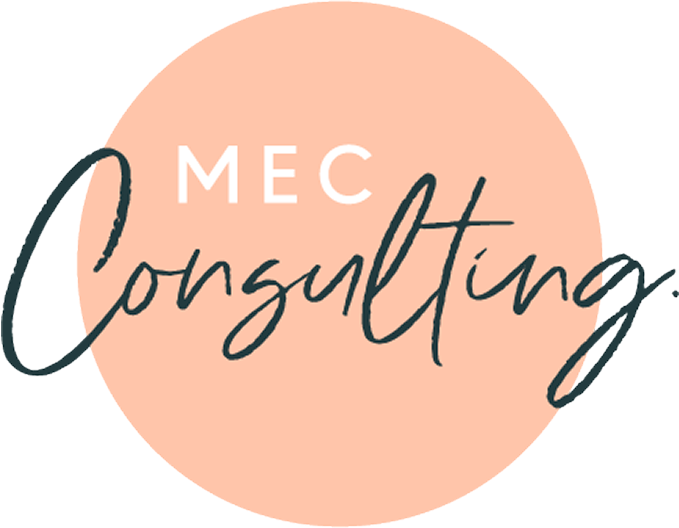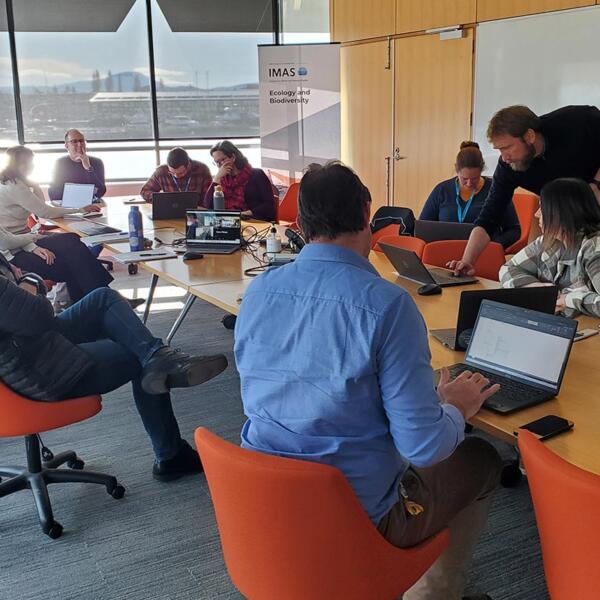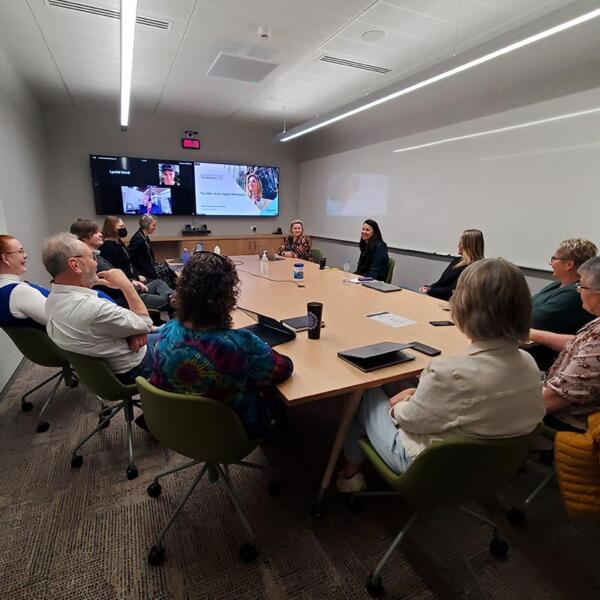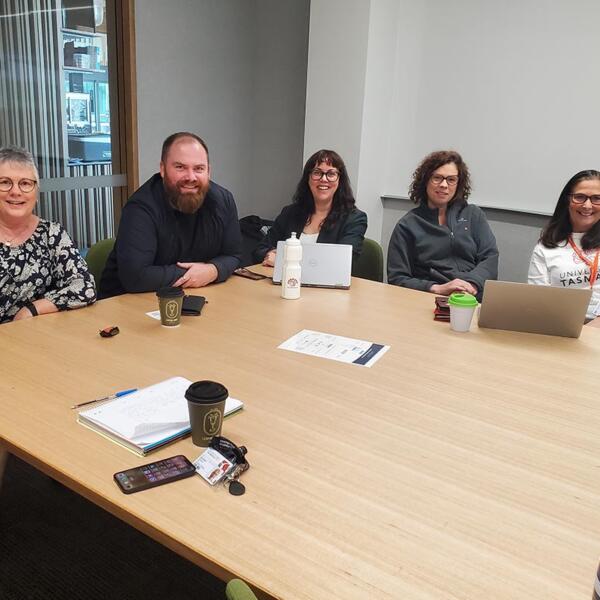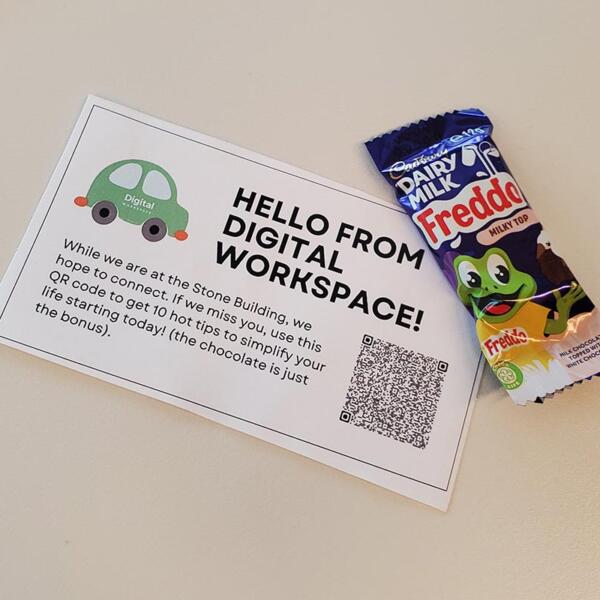Case study: Bringing clarity to chaos – a university’s digital workspace transformation
MEC Consulting was brought in to lead the change stream – working across the program to help staff make sense of the shift, simplify how work happens day-to-day, and build shared ownership of the new Digital Workspace Standard. This meant bringing clarity, consistency, and confidence to thousands of staff navigating digital change.
While initiated by IT Services, it became clear this was more than a technology project – it was a cultural transformation. The work exposed long-held habits such as excessive meetings, over-reliance on email, blurred work boundaries, and a lack of respect for people’s time and attention.
The shift toward a streamlined, intentional digital workspace sparked important conversations about trust, transparency, and how we work together, in a contemporary workplace.
Services Provided
- Change Management
- Program Management
- Digital Workspace Transformation
Location
Tasmania
Date
April 2022 – November 2024
Client
University of Tasmania
With over 3,000 staff across four academic colleges and four professional divisions, this university had a complex workforce made up of academic, professional, teaching, research and technical roles – each with unique needs, digital fluency, and preferences.
Over time, the organisation had accumulated layers of systems and platforms – resulting in significant application sprawl, high licensing and maintenance costs, and inconsistent user experiences.
Despite access to modern platforms, staff were overwhelmed. Communication and collaborative practices were inconsistent, Teams sprawl had exploded (with over 4,000 individual Microsoft Teams), and it was taking far too long to find key information. Engagement survey feedback described the digital working environment as “confusing,” “exhausting,” and “bloated.”
There were over 4,000 separate Microsoft Teams, many inactive or duplicated. Communication was fragmented, staff were overwhelmed, and finding the right information had become a daily struggle.
The message was clear: simplify or lose staff confidence.
Together with the Digital Workspace Steering Committee, IT Services, and college/divisional leaders, MEC Consulting:
- Developed a university-wide Digital Workspace Standard endorsed by executive leadership to unify how staff collaborate, communicate, and manage information
- Audited and rationalised the Teams environment – cutting 4,000+ Teams down to under 1,000, with new naming conventions, governance, and lifecycle rules
- Created a tailored program ‘Learning Together Series’ for university leaders (around 800) to create a safe space to learn and share ideas / challenges in leading in the Digital Age
- Introduced a tiered Teams structure to support clear collaboration at every level – College, School, Division, Discipline, Project and cross-functional teams
- Conducted over 50 coaching sessions where teams described their current ways of working – and we offered tailored recommendations to simplify, streamline and align with best-practice
- Supported leaders and team members who were initially resistant – some who had never used platforms like Teams – through hands-on support, live demos, and peer stories
- Linked our strategy with the university’s Data Classification Framework to ensure safe, accurate storage of different data types (e.g. corporate records in TRIM; draft work in Teams)
- Ran targeted training, drop-ins, and role-based onboarding resources – tailored for academic and professional staff
- Refreshed the digital communication model, clarifying “which tool to use when” across Teams, Outlook, Zoom, and the intranet
- Microsoft Teams usage reduced from 4,000+ to under 1,000 well-governed Teams, significantly improving structure and findability
- Staff reported a 47% reduction in time spent locating information (post-implementation survey)
- Over 85% of staff engaged in drop-ins, training, or onboarding activities
- Email overload decreased and staff adopted Teams channels and chats as core comms tools
- Content from legacy platforms (e.g. shared drives, wikis) was successfully migrated to Teams and Content Manager (TRIM)
- Teams who were previously sceptical or disengaged with platforms like Teams and OneDrive reported improved digital confidence and now actively use them to collaborate and store information
- Cultural shift from “every team for themselves” to a more aligned, collaborative, and human-centred digital workplace
...Mary-Ellen brought clarity, structure and reassurance...
Client perspective
“Mary-Ellen’s role as Change Manager was genuinely game-changing and a key reason our Digital Workspace transformation succeeded. She brought an incredible mix of drive, deep expertise, and infectious energy that lifted everyone around her. From the beginning, she understood this wasn’t just a tech change - it was a cultural shift. Her practical, people-first approach made a complex transition feel achievable.”
“What really set her apart was the way she connected with every layer of the organisation. She didn’t rely on generic comms - she met people where they were. From interactive workshops and coaching sessions to tailored messages that actually resonated, Mary-Ellen brought clarity, structure and reassurance. She helped teams not just adapt but embrace the change.”
“Her ability to energise, engage, and deliver results made her an indispensable part of the project. If you need someone to lead meaningful, lasting change - someone who inspires trust and delivers real momentum - Mary-Ellen is it. I miss working with her.”
– Nathan Tenaglia, Program Sponsor
